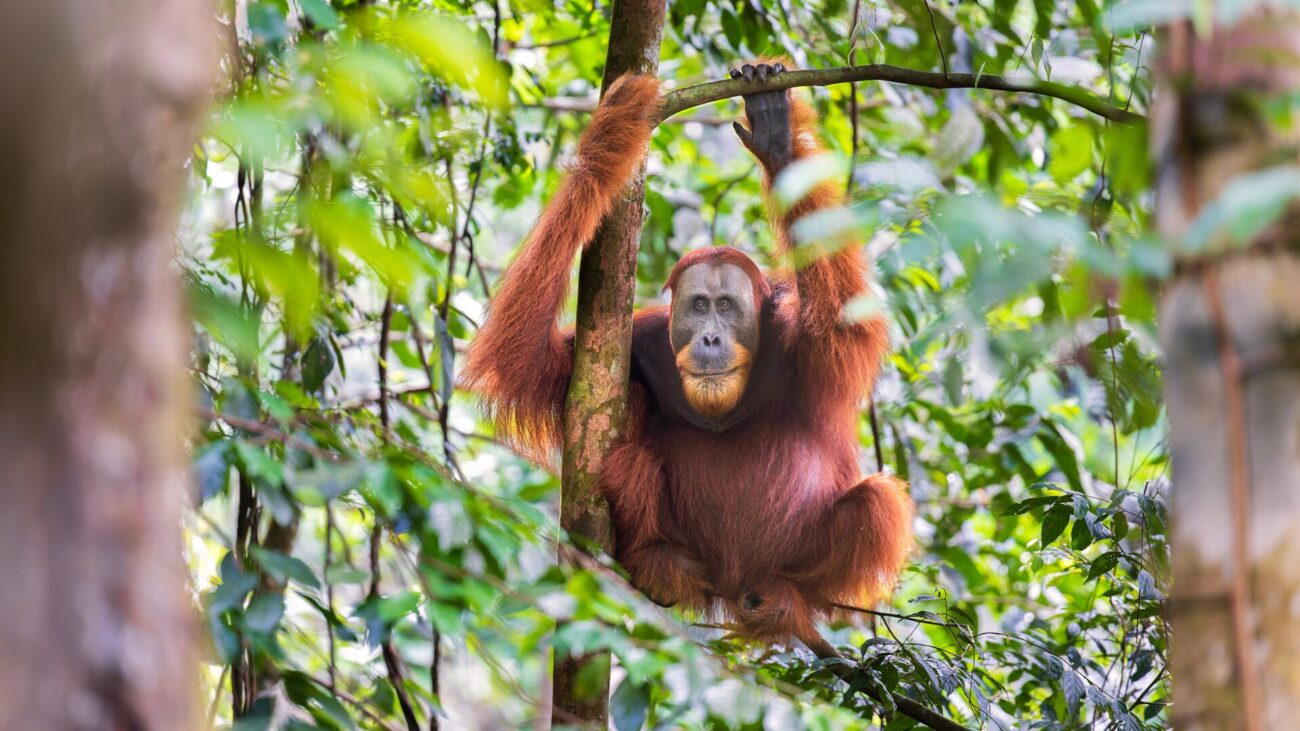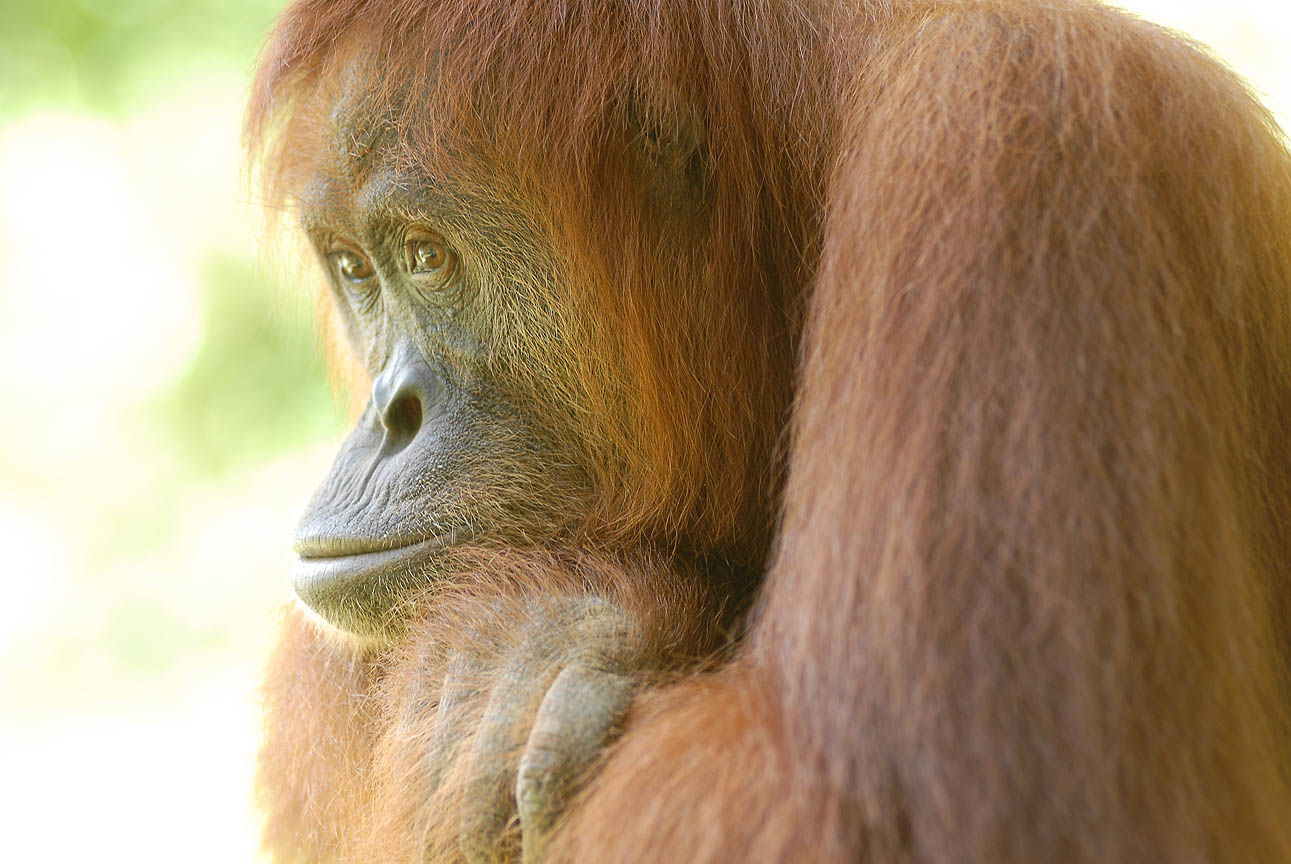
Self-control (stopping yourself from doing something) is important for animals. Such as ignoring a small, immediate snack, in favour of waiting for a more valuable meal later on. Amazingly, scientists have now discovered that primates use self-control as a social tool. This is not seen in other mammals and birds!
Primates have big brains and complex problem-solving skills. They often live in large, bonded social groups. That’s where strategic self-control comes in. Primates (specifically anthropoid primates – monkeys and apes) can self-control to support the group. They can forgo individual desires to benefit the group as a whole.
Imagine a group of animals needing to synchronise their movements, share resources, or cooperate on tasks. Individuals who can control or inhibit their immediate desires for the good of the group (e.g., waiting for others, not hoarding food) would be crucial for the group’s success and survival.
Another example is controlling aggression: a male baboon may hold back from attacking a rival male, if the female is showing interest. Even if he can defeat the rival, he knows too much aggression can cause the group to break. This is fascinating because it shows primates assess the consequences of their behaviour.
To have that level of self-control, the individual must mentally juggle two different ways of seeing the world. They must understand what’s happening now and what might happen, and keep these two realities separate. This is quite “expensive” for the brain to do, which is why it’s so rare among mammals and birds.
Looking at how our primate relatives developed self-control helps us understand the basic building blocks of human abilities like self-regulation, empathy, and cooperation. This finding is another piece of the puzzle in understanding our own evolutionary history! Aren’t primates just amazing?!
You can help protect Sumatra's Orangutans. Click to get updates
